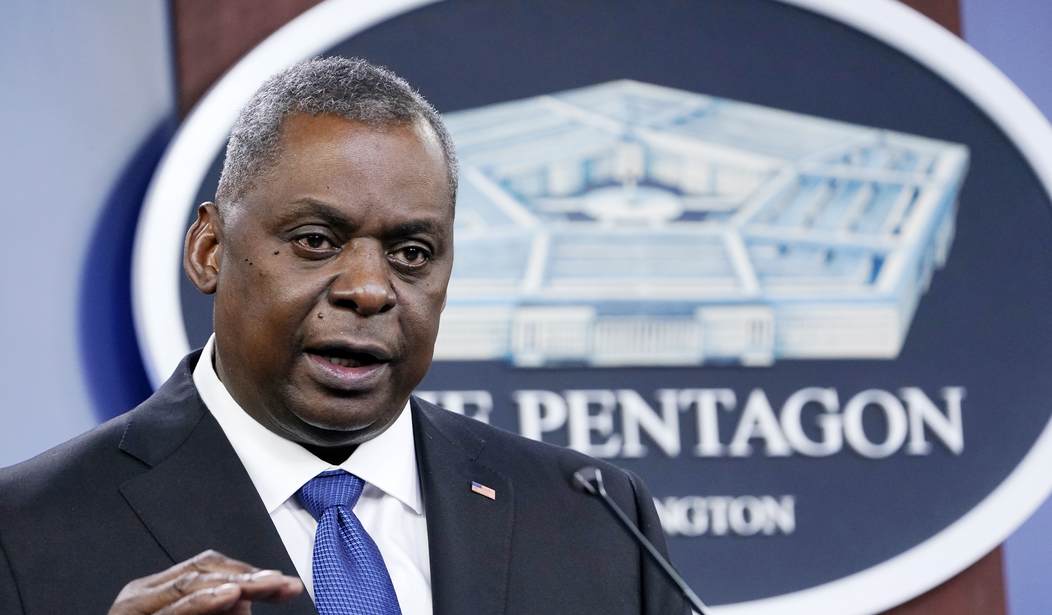The Supreme Court on Friday ruled to temporarily freeze a lower-court decision that had prohibited the Pentagon from considering the COVID vaccination status of Navy SEALs when determining deployment assignments.
The 6-3 decision, which had Justices Clarence Thomas, Samuel Alito and Neil Gorsuch dissenting, temporarily blocks part of a Texas judge's January ruling that barred the Department of Defense from considering the vaccination status of SEALs who wanted religious exemptions when making deployment decisions.
Texas U.S. District Court Judge Reed O'Connor ruled at the time that the Navy must approve religious exemptions for SEALs who sought them and that commanders could not change the military assignments of aforementioned service members based on their vaccination status.
O'Conner had sided with 26 members of the Navy SEALs and nine other special operations forces personnel. The service members contested that they are eligible for a religious exemption to the Pentagon's vaccine mandate due to the First Amendment. But the Biden administration claimed the lower court ruling undermined the Navy's authority.
Friday's ruling means the Navy can now limit the deployment and training of the service members who had sued over the Pentagon's vaccine mandate.
While O'Connor's order prevented the Navy from enforcing the vaccine mandate on the military personnel involved in the lawsuit, the Biden administration did not ask the Supreme Court to immediately freeze that aspect of the order.
Recommended
Justice Brett Kavanaugh wrote Friday in a concurring opinion that the lower court "inserted itself into the Navy's chain of command, overriding military commanders' professional military judgments."
Meanwhile, Alito wrote in a dissent joined by Gorsuch that the court did a "great injustice" to the service members involved in the suit.
"By rubberstamping the government’s request for what it calls a ‘partial stay,’ the court does a great injustice to the 35 respondents – Navy Seals and others in the naval special warfare community – who have volunteered to undertake demanding and hazardous duties to defend our country," Alito wrote. "These individuals appear to have been treated shabbily by the Navy, and the Court brushes all that aside. I would not do so, and I therefore dissent."























Join the conversation as a VIP Member